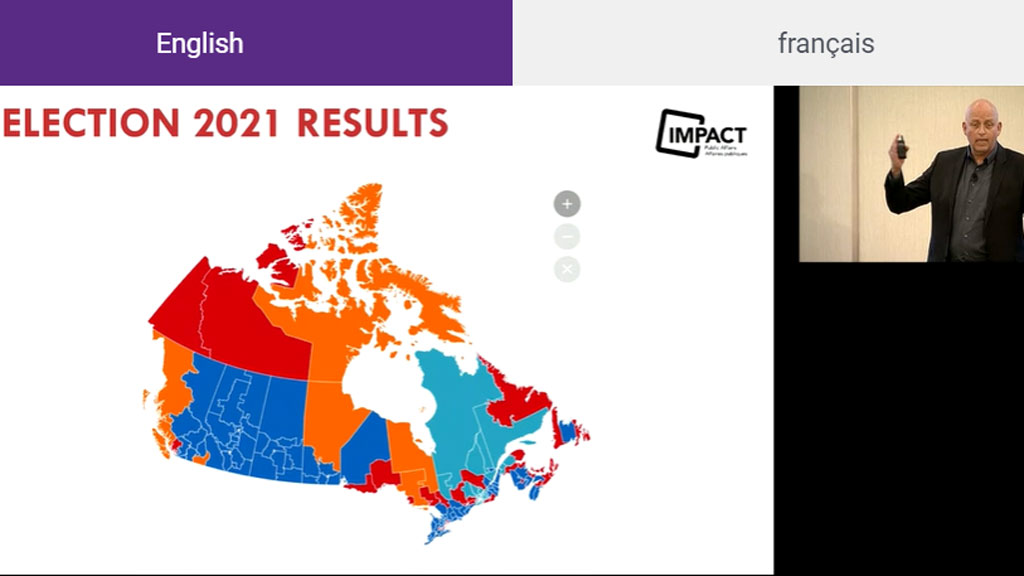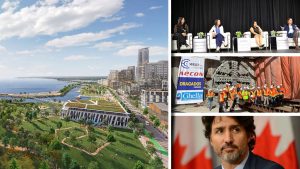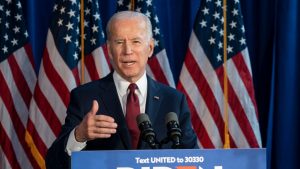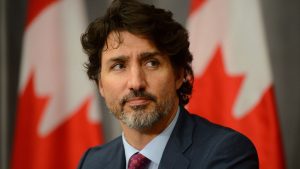Political expert Huw Williams believes Canadians are more divided than ever, which makes achieving political victory and maintaining it an increasingly difficult task.
Williams is president of government and media relations firm Impact Canada and has worked for many federal officials.
“Canada has gone through a roller-coaster and we are at a point now in terms of division where there are even divisions with families,” said Williams during a presentation at this year’s Canadian Construction Association (CCA) conference in Vancouver. “It’s in line with where the U.S. was in 2016. Politics are acrimonious and difficult.”
Williams gave his overview of Canada’s political landscape and offered his insights into what the construction industry should keep an eye on.
Williams noted the 2021 federal election saw Justin Trudeau’s Liberals barely eke out a victory to form a minority government.
Williams believes despite internal rumblings about Trudeau, he continues to deliver wins and isn’t likely to disappear from federal politics anytime soon.
“He still has his caucus firmly behind him,” said Williams. “Liberals talk privately about his far left, urban agenda, but because he was able to pull off the election, they are still with him.”
Williams pointed to urban areas in Vancouver, Toronto and Montreal as the key areas that swung things for the Liberals in the election, but many in the party are eager to see Trudeau make an effort to connect with the “real economy” rather than just those who work on “MacBook Air laptops.”
“He is prime minister until he looks at the overall electoral map and sees that he can’t win. I think we are a long way from that,” said Huw.
Going forward, the key to success in Canadian politics will be uniting voters in urban and rural districts which remain incredibly divided. Huw explained the Conservative Party, which is deciding who will be its next leader, is looking for someone who can do just that.
Huw believes the race will likely come down to longtime Ottawa-area MP Pierre Poilievre and Jean Charest, a former Quebec premier who led the federal Progressive Conservatives in the mid-1990s. However, Huw noted that party leadership races are notoriously unpredictable.
“Pierre in my interactions has been terrific and engaging but his reputation on the Hill is different,” said Huw. “He is too hard-edged in caucus and Parliament.”
The trick will be softening those edges to be less of an attack dog and more like a uniter, Huw added.
“Polling shows there is an undercurrent of people who want unity, and leadership races don’t really do that. People tend to double down. He has chops and is a true champion of the private sector. He is very strong on that.”
Charest is a blast from the past. Huw explained how Charest did extensive work as party leader in the 1990s to rebuild the party but has been away from how the party works for a long time.
“He’s got to knock the rust off,” said Huw. “His strengths are that he knows the country. He has served federally. He was an effective cabinet minister, and he has run a leadership race before. His key is to tap into what Conservatives are telling me. They are sick of losing. Three in a row feels terrible.”
Williams praised the CCA for its advocacy efforts, noting it continues to be a relevant voice during the election, especially with its messages in infrastructure investment.
“They focus on all parties and senators to get their voice out there while they are running for office, not just when they are sitting,” he said.
Williams said the CCA has also been effective in using social media to get the attention of officials and keep them engaged on issues. He advised other industry groups to do the same.
“Politicians live on Twitter,” he said. “Twitter is powerful for them in understanding each other and what the public thinks. Don’t be afraid to share or tweet and tag an MP. They are on Twitter more than their email to understand what is going on.”
Follow the author on Twitter @RussellReports.











Recent Comments
comments for this post are closed